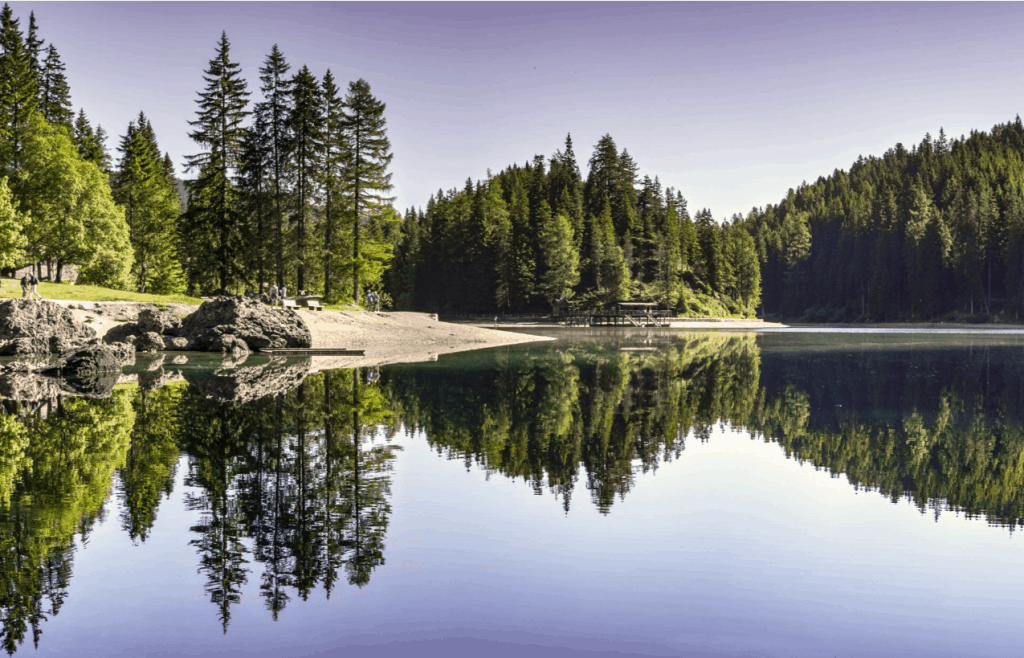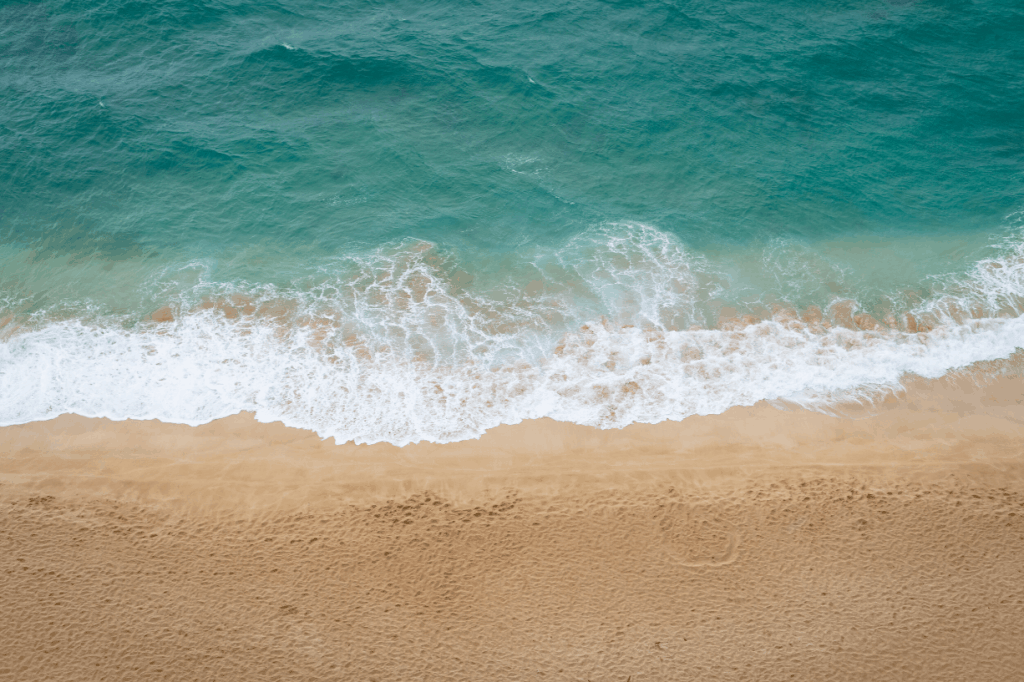Written by: Maryam Lalee (1st Year Social Sciences)
Islam teaches us that we have a crucial role to play in looking after our environment. The land and the sea, people and animals all suffer from the consequences of our daily lifestyle choices. It is important to consider how our actions not only affect those directly around us, but also impose negative environmental impact on others around the world.
It is our duty to ensure that we maintain a sustainable environment and the following tips are just some of the ways we can make an effort to become green productive Muslims with the right intentions:
1. Avoid wasting food
We eat food everyday but very rarely do we think about of the production process that goes into making food. There is a sequence of events which include producing, packaging, moving, storing and cooking the food, all of which requires a large amount of energy. When food is then thrown away, a lot of energy and effort is wasted as a result. Maximising our food usage would not only save tonnes of natural resources used in food production but would also reduce the levels of methane released into the atmosphere from decomposed food.
يَا بَنِي آدَمَ خُذُوا زِينَتَكُمْ عِندَ كُلِّ مَسْجِدٍ وَكُلُوا وَاشْرَبُوا وَلَا تُسْرِفُوا ۚ إِنَّهُ لَا يُحِبُّ الْمُسْرِفِينَ
O children of Adam, take your adornment at every masjid, and eat and drink, but be not excessive. Indeed, He likes not those who commit excess.
– Al-A’raf ,Verse 31
The lifestyle of the Prophet Muhammad ﷺ was such that he would only consume enough food that would keep him satisfied and not too full. Wasting food by throwing excess food away was discouraged by the Prophet ﷺ and so we should aim to implement these practices in our daily lives.
We can do this by being conscious of the type and amount of food we eat daily can help us to avoid gluttony and excessive food wastage. If there does comes a time where there is an excess amount of food then we should share this food to our neighbours, especially those who are more vulnerable such as the homeless since it is encouraged in Islam to care for others.
It is common for many of us nowadays to eat meat with nearly every meal, yet this was not practiced by our Prophet ﷺ. Meat was seen as a luxury and was consumed on special occasions and so we should follow his manner by restricting our meat consumption. We can do this by eating more plant-based meals or even trying out meat-free substitutes as an alternative.
2. Limit your water usage
Water conservation is essential as water supply is finite and decreasing in availability every year. Water resources should be managed in such a way to ensure that everyone can benefit from it. We depend on water to sustain life and so being responsible for the amount of water you use will help preserve water sources for generations to come.
Abdullah ibn Amr narrated that the Messenger of Allah passed by Sa’d when he was performing ablution, and he said: “What is this extravagance?” He said: “Can there be any extravagance in ablution?” He said: “Yes, even if you are on the bank of a flowing river.” (Sunan ibn Majah 425)
Extravagance is to use water without any real benefit or purpose, and the Prophet ﷺ emphasised the importance of the proper use of water with minimal waste. From this, we should follow his manner by being cautious of our water usage on a daily basis.
The next few tips are just some of the many ways in which we can efficiently use water on a daily basis:
- Use water sparingly when performing wudhu or ghusl. The Prophet ﷺ would use approximately under one litre of water when making wudhu and so we should utilise this sunnah by limiting the amount of water we use. This can be done by using a jug during wudhu or not letting the tap run excessively.
- 6 litres of water a minute can be wasted just by leaving the tap running. By turning the tap off, when brushing your teeth or doing the dishes, you will help save a large amount of water every day.
3. Plant a tree
Anas ibn Malik reported that the Prophet Muhammad ﷺ said, “There is none amongst the Muslims who plants a tree or sows seeds, and then a bird, or a person or an animal eats from it, but is regarded as a charitable gift for him.” (Bukhari)
Planting a tree can be regarded as an act of sadaqah as mentioned in the hadith above and it is our duty to protect them according to the teachings of the Prophet ﷺ. This can be done by planting a tree in your own garden or even volunteering to plant one in a local community park. By investing in a tree, you will help to create a more sustainable and better future for the people to come Insha’Allah.
4. Keep the environment clean
The importance of cleanliness is emphasised in Islam, but this does not just involve keeping ourselves clean – we are also taught to keep our environment clean. The land around us should be treated with respect as it has been created by Allah SWT. As temporary residents on this earth, we will be questioned on how we cared for the earth and all things within it and so it should not be neglected.
Today, the oceans are filled with items that do not belong there, some of which include large amounts of plastic, textile materials and metal. Being more aware of our behaviour in relation to the items we use daily can help to ensure that our part is done in protecting the earth.
Below are a few ways we can ensure that public places are protected and well maintained:
- Avoid using plastic as this can help to reduce the build-up of debris in the ocean which kills thousands of marine lives each year. Instead, try using plastic-free alternatives such as a reusable water bottle or canvas bags for shopping.
- Make the active choice to not litter. Litter spoils the environment and can become a hazardous obstacle to animals, pedestrians and even road users. If you do happen to spot any litter, then make the effort to pick it up (if it is safe enough to do so) as this will help keep your community clean and healthy.
- We tend to recycle only conventional items such as tins and paper, but there are lots of other belongings that you can recycle which would otherwise go to a landfill. Items such as batteries, clothes and shoes, glasses, light bulbs and even empty cosmetic containers can all be recycled and put to good use again rather than being piled up in landfills.
5. Reduce your carbon footprint
Greenhouse gas emissions have been on the rise in the UK, with transport being a large contributor to air pollution. Many of us use cars on a daily basis but doing so affects the quality of air and in turn human health.
If you are embarking on a short journey and plan on using a car, then first see if that same journey can be done on foot – as this would help to prevent the emission of harmful gases into the atmosphere. Another method is public transport which is a close alternative to a car. Public transport reduces traffic congestion and greenhouse gas emissions since the amount of energy used per passenger is significantly lower than what is used for a car. These transport alternatives will help to reduce your carbon footprint and preserve natural resources which in turn will help protect the environment.
Becoming a green Muslim is an opportunity for us to try and obtain good deeds, all with the right intentions Insha’Allah. Remember that if we take care of the environment, then the environment will care for us.
هُوَ الَّذِي خَلَقَ لَكُم مَّا فِي الأَرْضِ جَمِيعاً ثُمَّ اسْتَوَى إِلَى السَّمَاء فَسَوَّاهُنَّ
سَبْعَ سَمَاوَاتٍ وَهُوَ بِكُلِّ شَيْءٍ عَلِيمٌ
It is He who created for you all of that which is on the earth. Then He directed Himself to the heaven, [His being above all creation], and made them seven heavens, and He is Knowing of all things.
– Al-Baqarah, Verse 29




